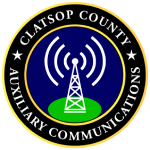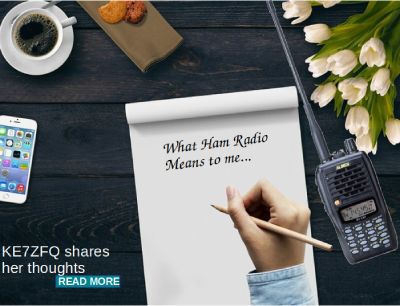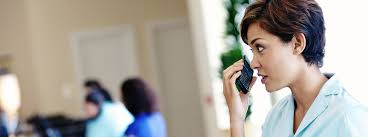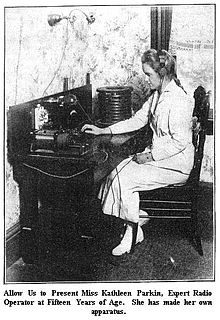OUR NAME, OUR GROUP, CONTACT US
Women amateur radio operators began meeting and holding a Net in Seaside, OR around 2007, naming the group WHO in 2012.
Many of us become interested in ham radio through emergency preparedness. Amateur radio provides a vital communications tool when the power is out for any length of time, which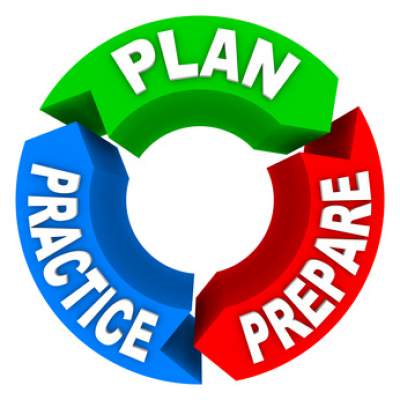 happens here in the Pacific Northwest with increasing regularity.
happens here in the Pacific Northwest with increasing regularity.
WHO focuses on providing a comfortable, welcoming venue for practicing communication skills, asking questions about equipment and protocol, learning to participate in a Net and to serve as Net Control, and relaying amateur radio and emergency prep information.
OTHER FEMALE HAM GROUPS
There are numerous amateur radio groups for female operators only, all with names that work for their particular group and area. Most, like WHO, have dropped the old “YL” , which stood for “Young Lady”. Male ham operators sometimes referred to themselves as “OM” or “Old Men”. Both terms now feel as inappropriate as “daddy-o” or “doll” because both YL and OM are relics of the 1940's and '50's, like Foxtrot, Zulu, Yankee, Whiskey and Papa. (There is no Mama. M is Mike.) All phonetics were standardized long ago by the International Telecommunications Union.
Women are a steadily growing minority among ham operators, It helps to have the support of a female-only group where no question is too basic and everyone feels at ease. Female hams now comprise over 19% of all amateur radio licenses on the west coast, fewer on the east coast. DX Zone is a good source of information on women in amateur radio and provides a map (below) showing the concentration of women ham operators in different regions of the continental US:
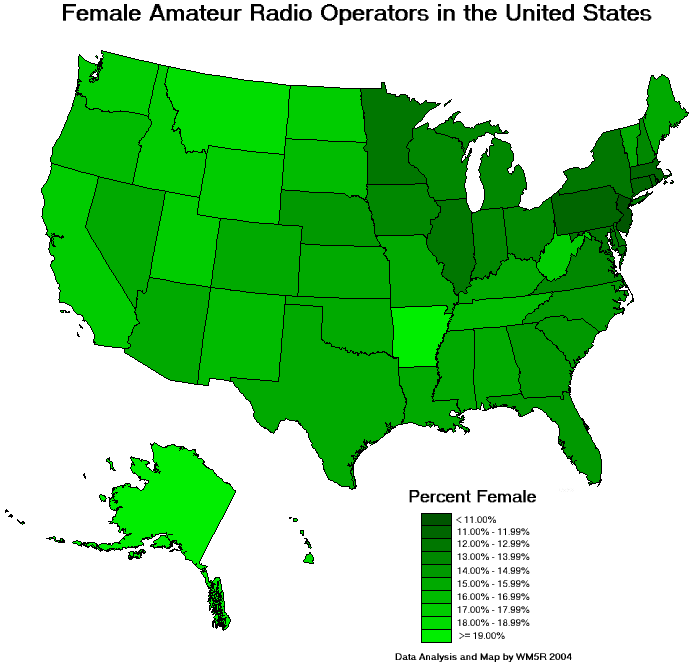
On gender imbalances in Ham radio and why I will no longer use the term YL
Once again, people are free to voice what they think about this, and I realize this isn't going to change overnight. But thinking about it, one obvious example example of this to me is the fact that in Ham radio we still commonly use YL, ie "young lady," to refer to all women regardless of age. I will freely admit that this didn't annoy me much when I was a young woman, but by now I am 30 years old and am going to have a doctorate in astrophysics by the end of the year (hopefully). And being called a YL is starting to feel really patronizing and condescending to me, in a way related to calling a grown man "boy." It definitely has been said to me many times in a way that does not make me feel like just another Ham radio operator.
Let's Hear It for "Termites"!!
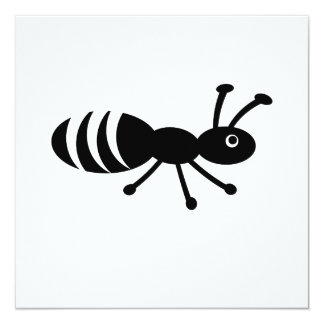 Many new hams got their licenses to be part of emergency communications during a disaster. Our WHO group is dedicated to being on the air "during an emergency or disaster situation" as we state in our preamble every net. Hobby hams call e-prep hams "termites", meaning they come "out of the woodwork" during a disaster.
Many new hams got their licenses to be part of emergency communications during a disaster. Our WHO group is dedicated to being on the air "during an emergency or disaster situation" as we state in our preamble every net. Hobby hams call e-prep hams "termites", meaning they come "out of the woodwork" during a disaster.
Here's a 2011 clip of Craig Fugate, then Director of FEMA, on the importance of amateur radio operators during emergencies:
Hobby hams are more equipment/technology focused. Thank goodness for that, because no one could help during an emergency if equipment won't work. Working together, we can make a huge difference and keep lines of communication open.
Even publications like The Atlantic are recognizing the importance of amateur radio emergency communications:
The Amateur Radio Operators Preparing for the Worst
In natural or man-made disasters, ham-radio enthusiasts put their hobby to work.
There’s a sense of urgency in the air at a Virginia nuclear power plant. Everything within at least a five-mile radius is at immediate risk due to a critical meltdown. One of the emergency responders opens the envelope she’s holding, scans its contents, and announces the bad news: “We just lost 911 and the cell towers are overloaded.”...
WOMEN IN HAM RADIO HISTORY
Gladys Kathleen Parkin received her amateur radio license in 1910 at age 9 and her professional license at age 15.
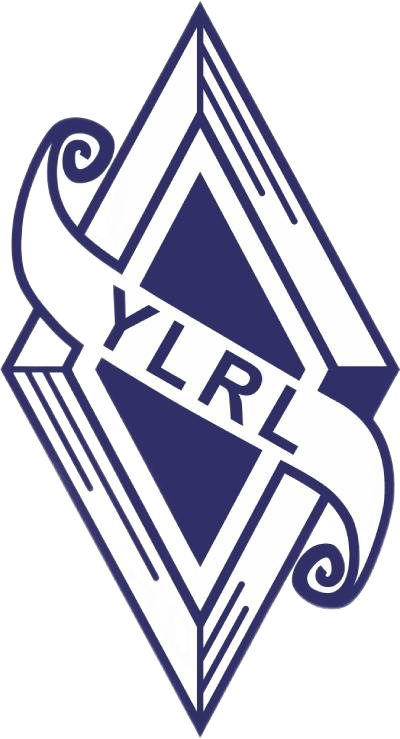 Young Ladies Radio League begun in 1939 gives more history on its web site www.YLRL.org
Young Ladies Radio League begun in 1939 gives more history on its web site www.YLRL.org
SILENT KEYS
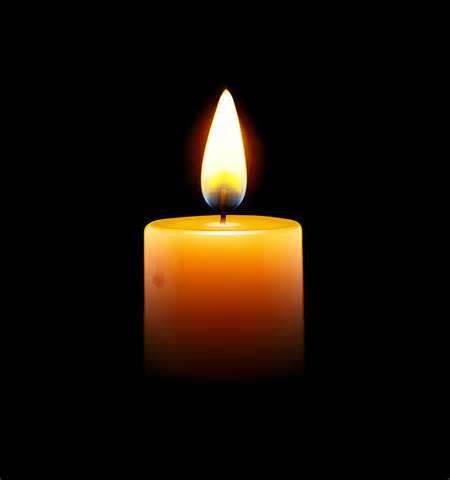 A “silent key” goes back to the telegraph and indicates someone who has passed away.
A “silent key” goes back to the telegraph and indicates someone who has passed away.
WHO Silent Keys:
- KA7CXP 1-31-17
- KI7HZY 7-24-21
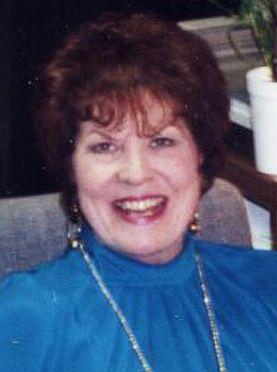
KE7OXP 12-09-14
Carolyn Mason, KE7OXP, general (General Lee) We honor KE7OXP, a tireless advocate for emergency preparedness, an inspiration to many fledgling female hams (including the creator of this web page), and a force for keeping the Northwest Coastal WHO going. We dedicate this page to her.
